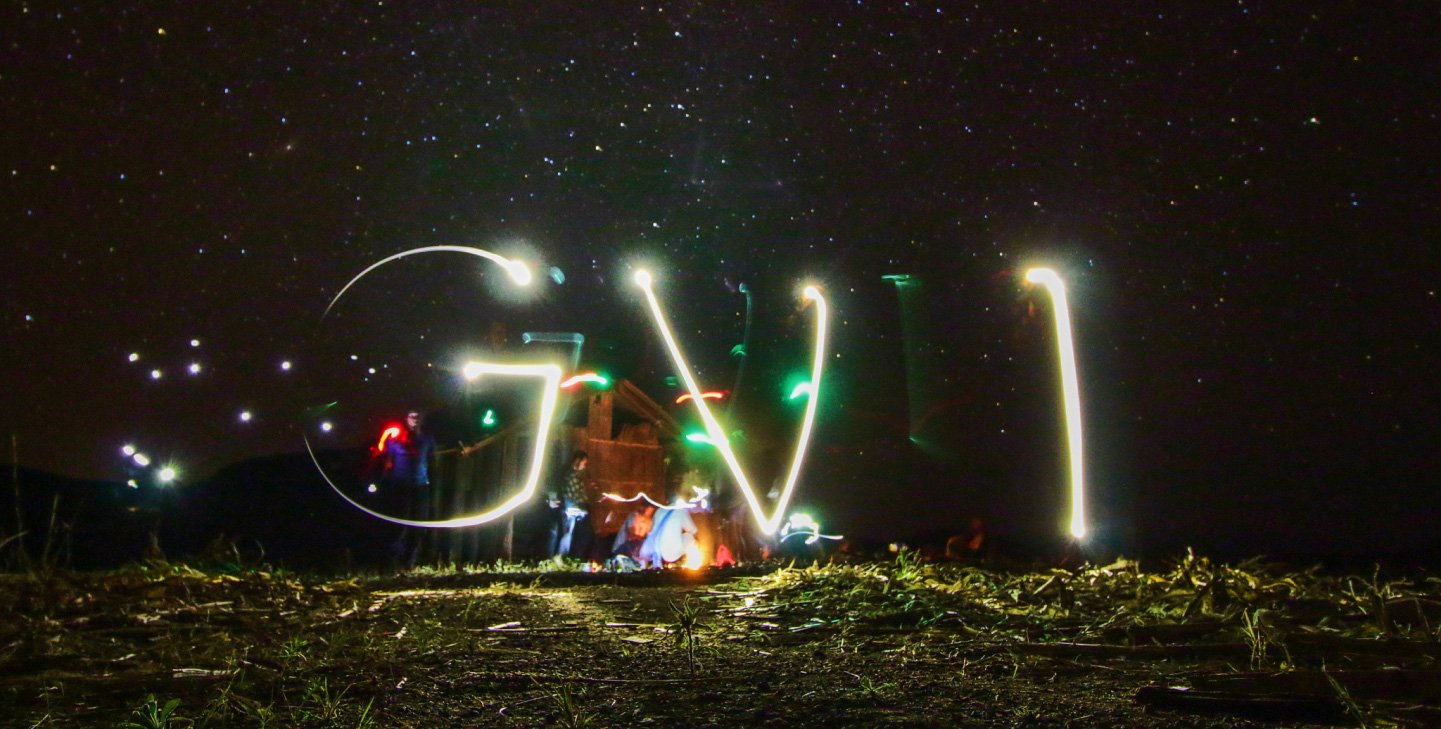GVI's Badge of Ethics
GVI’s Badge of Ethics – what does it mean?
The badge
The cycle
Our CEO Andrew Valentine encapsulates our stance on human empowerment – deeply intrinsic to ethicality in sustainable development – with the phrase: “A hand up, not a handout.” Locally-driven development is a collaborative cycle. The hope is that foreign organisations will eventually be cycled out. We hope that the communities and ecosystems we work in will no longer need our support.
We believe that they will be able to guide the hands of others in their families and communities going forward. A “hand up” must be asked for, and not blindly offered by those who think they know better. This is why the hand faces outwards, almost in a “stop!” gesture.
The hand
In the media, some nations are portrayed as less able to develop themselves and needy of foreign intervention. Wanting to serve others, who can benefit from the help of fellow humans, is beautiful. But the best intentions can still do permanent damage when action is taken in poor practice.
Once, GVI was a part of perpetuating these ideas. But we took a moment to stop, and think about it. And that is what we want this badge to say. “Stop. Think about it.”
The fingers
Take a look at the four fingers in isolation. They are reminiscent of a bar graph. Long-term, measurable impact has always been important to us. The bar graph represents progress in a very particular sense.
When looking at a bar graph, or analysing data in general, we look to find answers to questions, and solutions for problems. Data that highlights weaknesses is just as valuable as positive data. We take the lessons learnt from our mistakes along with our successes: this is our ethos.


